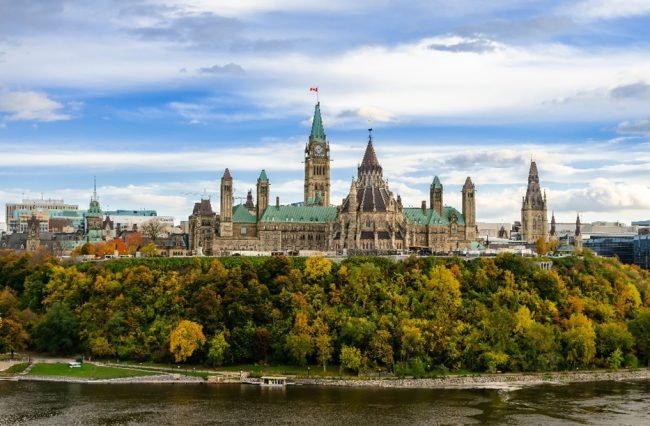Provincial and Regional Perspectives on Fiscal Federalism in Canada
Special Series: Fiscal Federalism in Canada – Author: Jackson Reggie – According to former senior federal public servant and academic Matthew Mendelsohn, equalization and other fiscal transfers are the “primary way we ensure that many of the social benefits of Canadian citizenship are enjoyed by residents of all regions, including those that are less prosperous” (2013, p. 7). Payments from the federal government distributes revenue collected from “have provinces” to “have not provinces” to support the provision of public services at “reasonably comparable” levels between provinces (Flanagan, 2021; Dahlby, 2014).





